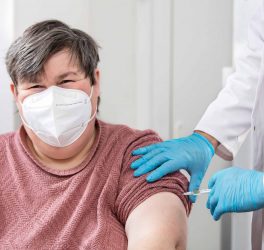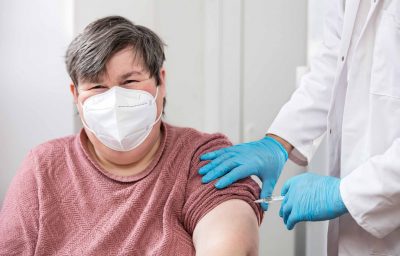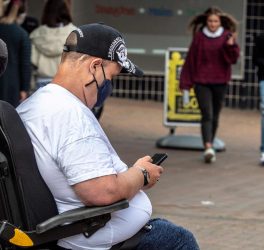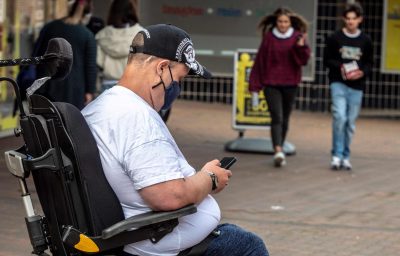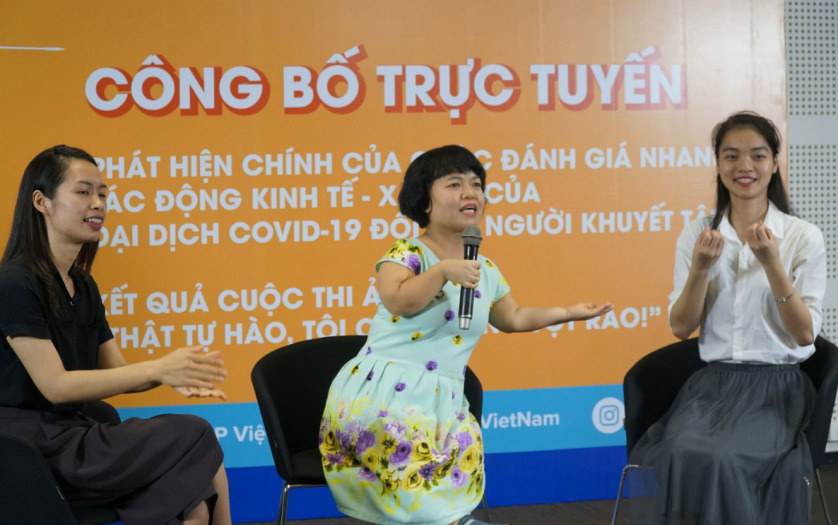
The COVID-19 pandemic affects different groups of people differently. As recently recalled by the UN Secretary-General, Antonio Guterres, “people with disabilities are among the hardest hit by COVID-19”. In Viet Nam, findings from a new rapid assessment reveal that 82 percent of respondents express concern about protecting their health and 96 percent of persons with disabilities expressed concern for their financial security during COVID-19.
With the support of the Australian Department of Foreign Affairs and Trade (DFAT), the Embassy of Ireland in Viet Nam and the Korea International Cooperation Agency (KOICA), UNDP organized this rapid assessment to help identify health and socio-economic challenges faced by PwDs and their families during COVID-19, thus informing targeted support and responses for persons with disabilities.
Nearly 1,000 people with different disabilities (physical; hearing and speech; visual; psychosocial), including those from ethnic minority groups, from many cities and provinces throughout Viet Nam participated in the assessment.
Up to 70 percent of respondents found it challenging to access medical care, including check-ups, medicines, assistive devices and rehabilitation services. Meanwhile, 22 percent of them are suffering from underlying medical conditions potentially putting them at heightened risk from COVID-19. 28 percent found it challenging to access necessities, including personal protective equipment such masks, hand sanitizer, clean water, and soap, and getting adequate supplies of food.
The report makes five key recommendations on the Government support for persons with disabilities to meet their needs and help them better integrate into the community:
- Provide emergency relief for the urgent needs of persons with disabilities, including medical care and services, telehealth services where appropriate;
- Ensure that the Government’s support package is Disability-Inclusive to include persons with disabilities working in the informal sector;
- Ensure persons with disabilities financial security and education continuation with the provision of online jobs, accessible applications and digital platforms;
- Extend coverage of the Disability Certificate to include the wider population with disabilities; and
- Conduct a comprehensive assessment of the impact of COVID-19 on persons with disabilities, with the full participation of persons with disabilities, to design and implement the response and recovery programs.

